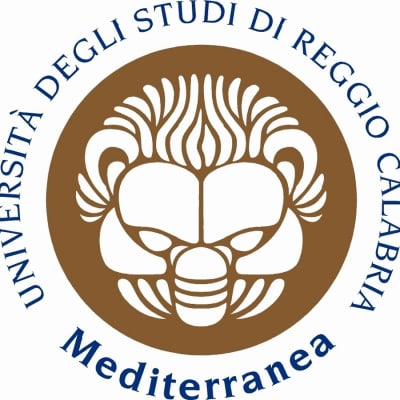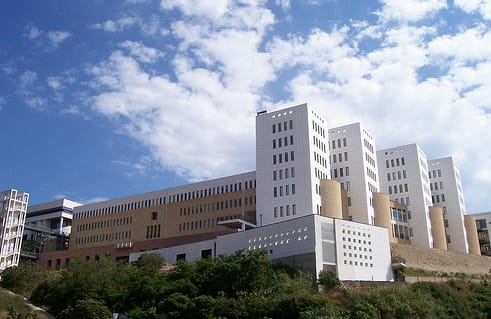
Master's Degree in Economics
Mediterranea University of Reggio Calabria

Key Information
Campus location
Reggio Calabria, Italy
Languages
Italian
Study format
On-Campus
Duration
2 years
Pace
Full time
Tuition fees
Request info
Application deadline
Request info
Earliest start date
Oct 2024
Scholarships
Explore scholarship opportunities to help fund your studies
Introduction

The Master's Degree Course in Economics will provide graduates with in-depth knowledge of economic issues, good command of analysis tools and the principles and institutions of the legal system, in order to enable them to use economic logic to address the problems of economic systems, companies and national and international institutions.
In parallel with the classroom training activity, on the basis of what has been analytically identified in paragraph three of this document, the specific training objective to be achieved is strongly oriented towards the acquisition of highly professionalizing skills to be achieved through specific activities didactic-laboratory organized in the three laboratories already existing within the DiGiEc and included in the training course of the master's degree course LM-56. In fact, the overall educational activity envisaged for the study course being instituted is specifically aimed at providing the student with a specialization to be classified in one of the following three areas: (auto)-entrepreneurship and start-ups; economics and management of archaeological, cultural, tourist and environmental assets; analysis and study of criminal phenomenology, its economic implications and the management and reuse of assets confiscated from organized crime. For further details on the overall activities offered by the three laboratories, please refer to the description offered on page eighteen of this document. For this reason and given the particular attention given to this specific training action, it was intended to assign to it, within the didactic offer of the course of study, the weight of 10 credits with the aim of giving a strong connotation to the training of the potential student on the basis of the specific peculiarities of the territory.
The course of study provides for the achievement of 120 credits over 2 academic years of which 98 credits to be obtained by passing 10 exams; 10 credits to be acquired through laboratory activities; 2 credits to be obtained through participation in the training internship; and finally 16 credits to be achieved through the preparation of the thesis.
The didactic model adopted ensures the student assisted learning throughout the educational path with access to specifically developed didactic supports and a repertoire of individual and/or group didactic activities guided by teachers and tutors. All the final tests (exams) are carried out face-to-face, according to the procedures set out in the teaching regulations.
Year I
- Business Economics - International Accounting Principles and Company Valuation
- Monetary and Financial Economics
- Mathematics for Economic Sciences
- Economics and Management of Agri-Food Enterprises
- Political Economics
- Data Mining and Information Processing Systems
Year II
- Public Economy
- Administrative Law - Public Contracts
- Student Choice Group:
- Bankruptcy Law
- Labor law
- Economics of Public Administrations
- International law
- Tax Law
- Laboratories (Interdisciplinary laboratory on crime prevention measures and economy - IUS/17, IUS/01; ReTMES laboratory - SECS-P/07, SECS-P/08, SECS-P/11; CAT LAB laboratory, SECS- P/02, SECS-P/03)
- Internship
- Final exam (Thesis)